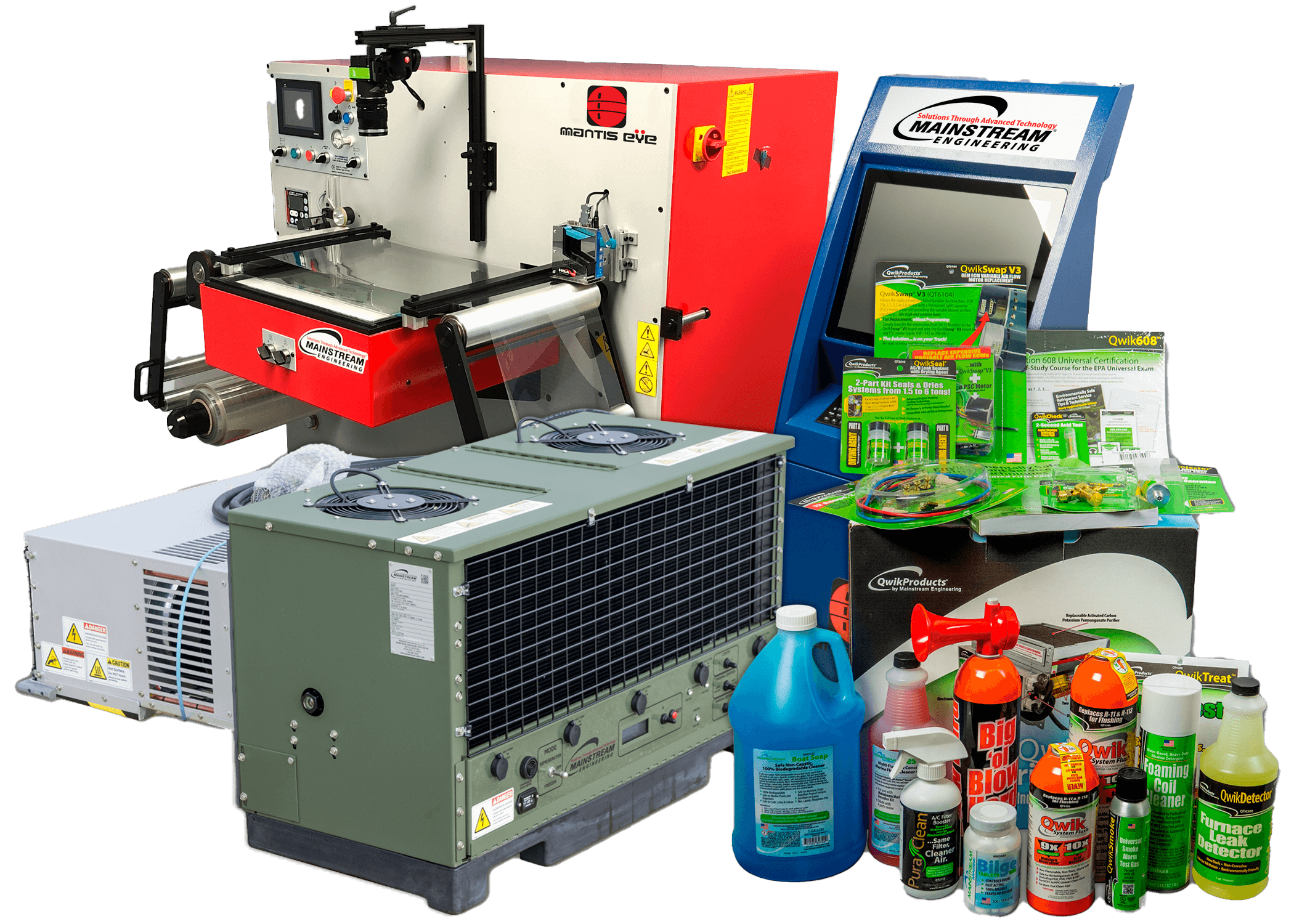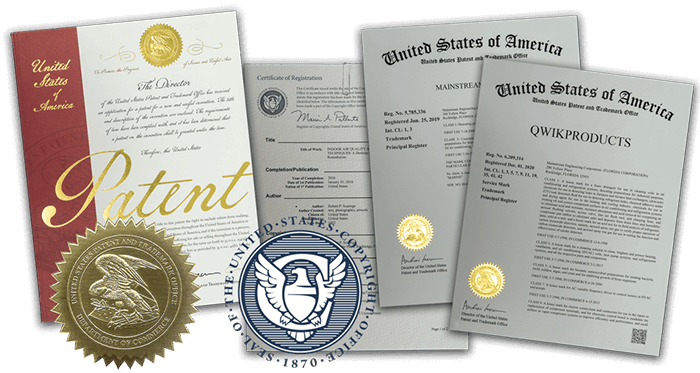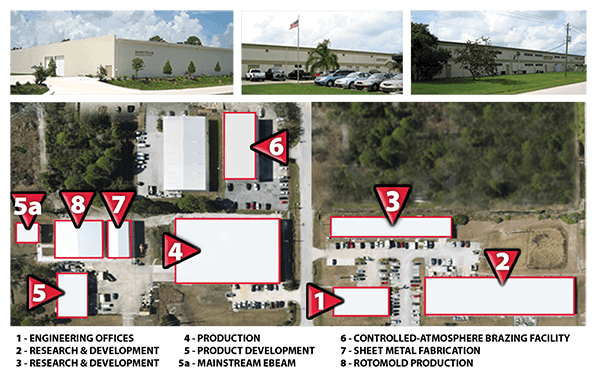Mainstream Wins Contract to Develop Innovative Method for Ultra-Long Carbon Nanotubes
FLORIDA – June 11th, 2014 – Mainstream Engineering Corporation, a 28-year-old Brevard County research and manufacturing company, was recently awarded a contract from the U.S. Office of Naval Research to demonstrate a new innovative process to produce inch-long carbon nanotubes (CNTs). This represents a significant achievement towards the eventual goal of continuous nanotube growth and can revolutionize the manufacture of structural, thermal, and electronic materials. This program supports the company’s continued interest in developing low-cost nanotechnology solutions for energy technologies.
Current CNT synthesis methods have low yields, are costly, and are length-limited. The mainstream process uses a radical alternative method to inhibit the mechanisms that normally would stunt CNT growth. This program also enables an expanded understanding of CNT synthesis. The CNT formation mechanism is still widely debated; however, Mainstream’s reactor design will allow engineers to conduct tests that can help clarify the formation process.
Mainstream has a history of leading-edge research and development that has resulted in advanced, lean-manufacturing, and cost-competitive products, which are all proudly made in the USA.
About Mainstream Engineering
Mainstream Engineering Corporation is a solutions-oriented research, development, and manufacturing small business founded in 1986. Our primary mission is to transition advanced thermal control, energy storage, and energy conversion technologies into high-quality, cost-effective, environmentally safe, green commercial products. Products include lightweight diesel/JP8-fueled engines (including generators and hybrid vehicle drive trains), advanced thermal control units, advanced biomass conversion technologies, refrigerators/freezers for shipping containers and the QwikProduct™ line of heating, ventilation, air conditioning, and refrigeration (HVAC/R) products. Areas of advanced research include thermal control, energy conversion, engine and emissions research, turbomachinery, chemical technology, and materials science.
Current CNT synthesis methods have low yields, are costly, and are length-limited. The mainstream process uses a radical alternative method to inhibit the mechanisms that normally would stunt CNT growth. This program also enables an expanded understanding of CNT synthesis. The CNT formation mechanism is still widely debated; however, Mainstream’s reactor design will allow engineers to conduct tests that can help clarify the formation process.
Mainstream has a history of leading-edge research and development that has resulted in advanced, lean-manufacturing, and cost-competitive products, which are all proudly made in the USA.
About Mainstream Engineering
Mainstream Engineering Corporation is a solutions-oriented research, development, and manufacturing small business founded in 1986. Our primary mission is to transition advanced thermal control, energy storage, and energy conversion technologies into high-quality, cost-effective, environmentally safe, green commercial products. Products include lightweight diesel/JP8-fueled engines (including generators and hybrid vehicle drive trains), advanced thermal control units, advanced biomass conversion technologies, refrigerators/freezers for shipping containers and the QwikProduct™ line of heating, ventilation, air conditioning, and refrigeration (HVAC/R) products. Areas of advanced research include thermal control, energy conversion, engine and emissions research, turbomachinery, chemical technology, and materials science.


